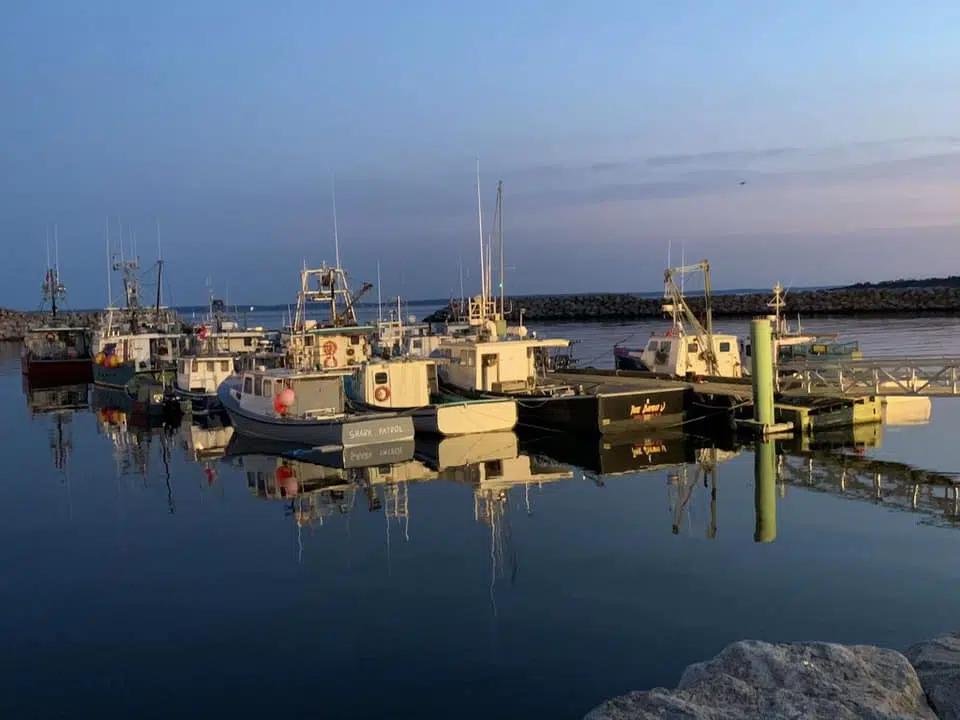A court challenge over moderate livelihood lobster fishing is going to mediation.
The Nova Scotia Supreme Court gave the Sipekne’katik First Nation and the federal government until mid-December to find a resolution, or the case could go to trial.
A trial was scheduled for May, 2025 in the case, which was filed by the First Nation in 2021.
Many from the First Nation community have been arrested and had gear seized while fishing their own moderate livelihood lobster fishery outside of DFO-approved seasons.
Much of the fishing has taken place in St. Mary’s Bay off Clare and Digby.
Unified Fisheries Conservation Alliance president Colin Sproul says the term ‘moderate livelihood’ needs legal clarity.
“So we can all understand whether we have rules, and what they are. We need those defined rules to empower law enforcement to deal with people who would choose to pursue a Marshall right outside of its communal nature through an official capacity through their First Nation,” said Sproul.
He says commercial fishers deserve a voice in the process, and this should be settled in a courtroom, not behind closed doors.
“We’re appalled to be excluded by the federal government once again. The sad truth is there’s no place for fishing communities in this dialogue or mediation. We call on members of government and our federal representatives to let the Prime Minister know that we deserve a voice.”
The UFCA were granted intervenor status by the Supreme Court in the case.
They note mediation is a big shift for Sipekne’katik, and shows they lack confidence in their right to fish out of season.
“We respect the judge’s decision. This is a very big shift by the First Nation, and we believe it’s a huge win for all those who rely on the lobster resource, and it’s important towards achieving reconciliation.”
Sproul says they support Treaty rights, and there is an ability for everyone to share the resource.










